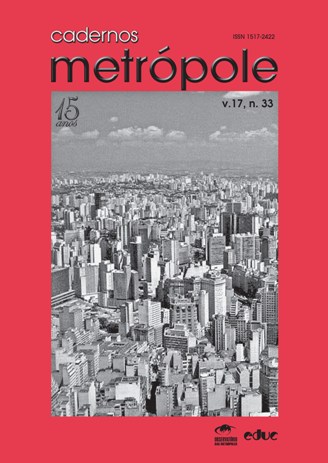Fragmentation of a precarization scale. References to conventional urban structuring
Keywords:
territorial fragmentation, precarization, regional developmentAbstract
Developing countries play the role of supplying the contemporary economy. The territorial and social conditions of the place refer to the scale fragmentation process and to the increase in the poor population because there is a tendency of unrestricted use of land in order to convert it into an urban and productive place. In the Mexican case, the loss of land used for agricultural purposes implies a reduction in basic food production for the population, particularly corn. Furthermore, the substitution of forests and woodlands is associated with the overexploitation of aquifers in the country’s most populated region. In addition, the records of low housing conditions indicate that a little more than 60% of the population are in this situation, which does not justify the adoption of such strategies.Metrics
Downloads
Published
How to Cite
Issue
Section
License
A revista não tem condições de pagar direitos autorais nem de distribuir separatas.
O Instrumento Particular de Autorização e Cessão de Direitos Autorais, datado e assinado pelo(s) autor(es), deve ser transferido no passo 4 da submissão (Transferência de Documentos Suplementares). Em caso de dúvida consulte o Manual de Submissão pelo Autor.
O conteúdo do texto é de responsabilidade do(s) autor(es).


